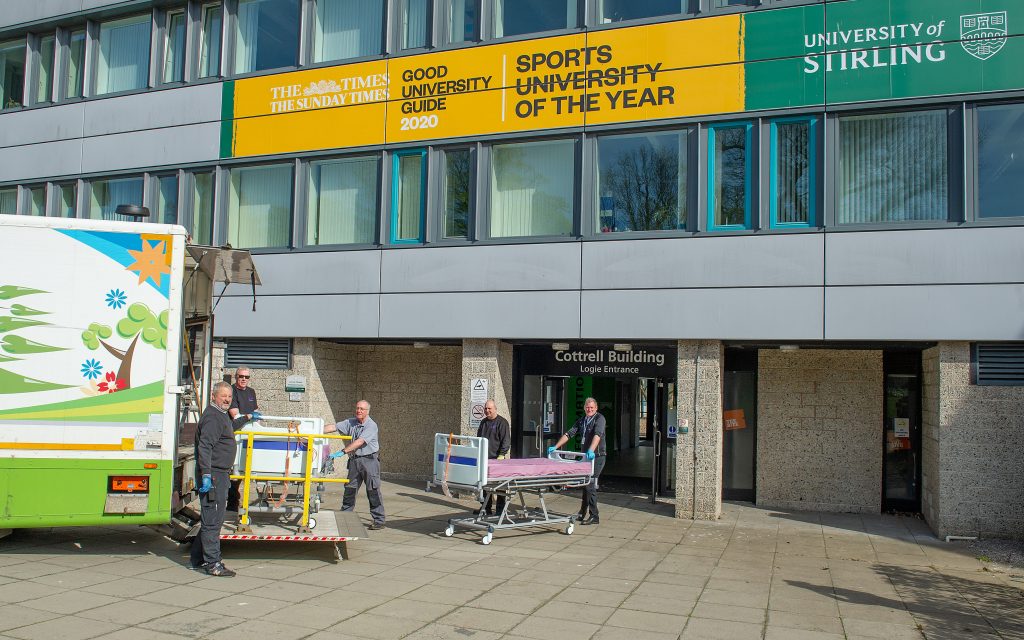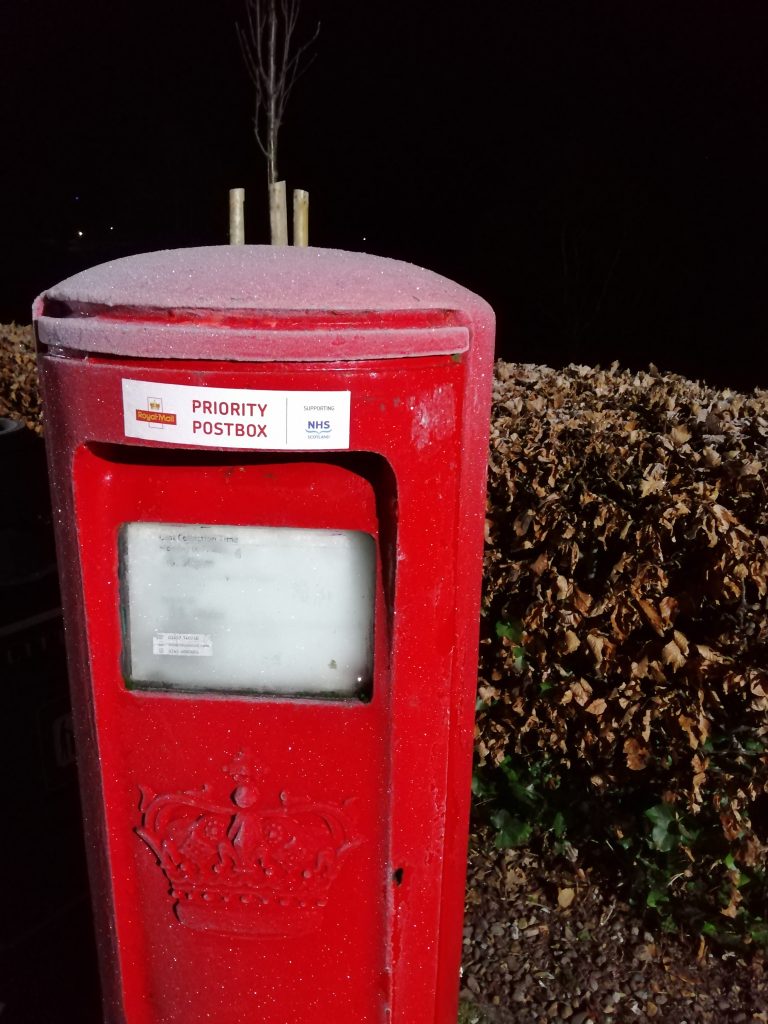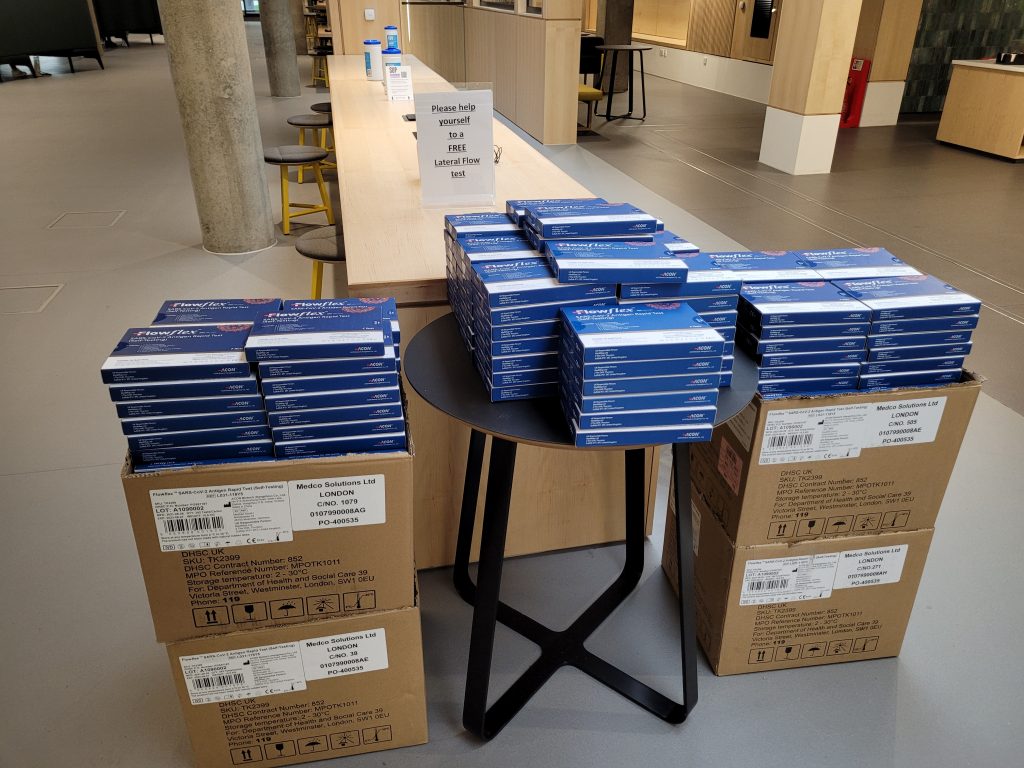This semester, student Anna Rissanen has been working on a placement summarising some of the oral history interviews which the University Pandemic Oral History Project recorded before Christmas. Her work will be invaluable in making these oral history interviews more accessible for researchers. In this blog post Anna reflects on the pandemic and the Pandemic Archive as her placement concludes.
The Oral History Project on the COVID-19 pandemic aims to record and collect various experiences and perspectives from the University of Stirling staff and students. As a part of my work placement (ARTU9W4) course, I was able to volunteer on the project and participate in cataloguing the information that had been collected through interviews.
Undoubtedly, it is clear to everyone that our lives have been massively impacted and shaped by the still ongoing coronavirus pandemic. Especially as an international student who started their university journey in the autumn of 2020, my experiences in higher education have been restricted and made to fit around the ever-changing restrictions. I would say that it is clear to everyone that our lives, routines, and behaviours have been completely transformed to fit what we call the “new normal”. Due to the implementation of governmental restrictions, institutions in higher education were forced to re-evaluate their priorities, practices, and methods of teaching. Education was transformed largely to an online environment, and University staff and students were required to adapt to new practices and systems, as well as coordinate their actions in a world of increasing uncertainty and rapid changes.

Photography by Whyler Photos of Stirling www.whylerphotos.com – 01786 474340
For me, participating in this project has significantly highlighted the importance of considering multiple perspectives and the importance of collection of information from current events, especially regarding the study of history. The pandemic is a massive event with an international influence, and thus it should be collected and preserved to ensure it can be accurately represented in the future. Additionally, as the pandemic is something that impacted everyone, it is a significant field of possible studies in different academic disciplines. Evidence of different experiences within the university are a useful and rich resource for possible research and exploration. Understanding and considering different perspectives is not only crucial in terms of research, but also in daily life and our interactions with others. No two experiences are the same, and listening to a variety of different sources can allow us to reflect this range of viewpoints and experiences more accurately.
The collection of historical information on current, ongoing events is increasingly central as it means that emotions and influences are still fresh in the interviewees’ memories, and that the remembrance of events is not impacted by a view formed outside the pandemic. Thus, the views presented in this archive provide notable insight into how life within the pandemic was experienced, and how individuals within the same institution were impacted differently by the same event. Family life, working patterns and places, individual preferences and lifestyles have played a massive role in how the pandemic and its outcomes psychologically and physically transformed one’s life. Additionally, the interviews recorded for the project reflect how attitudes and expectations have changed throughout the pandemic due to our experiences.
From my experience at the archives, I have learned to become more appreciative of the work put into the collection of information, and how important it is to collect this information from a variety of sources and from different points in time. Attitudes and expectations have massively changed throughout the pandemic, and recording these changes is massively important as well. Additionally, hearing various experiences of individuals has further reminded me of how important it is to remember that our experiences can vary enormously from each other and how differently we can view the same past events.

